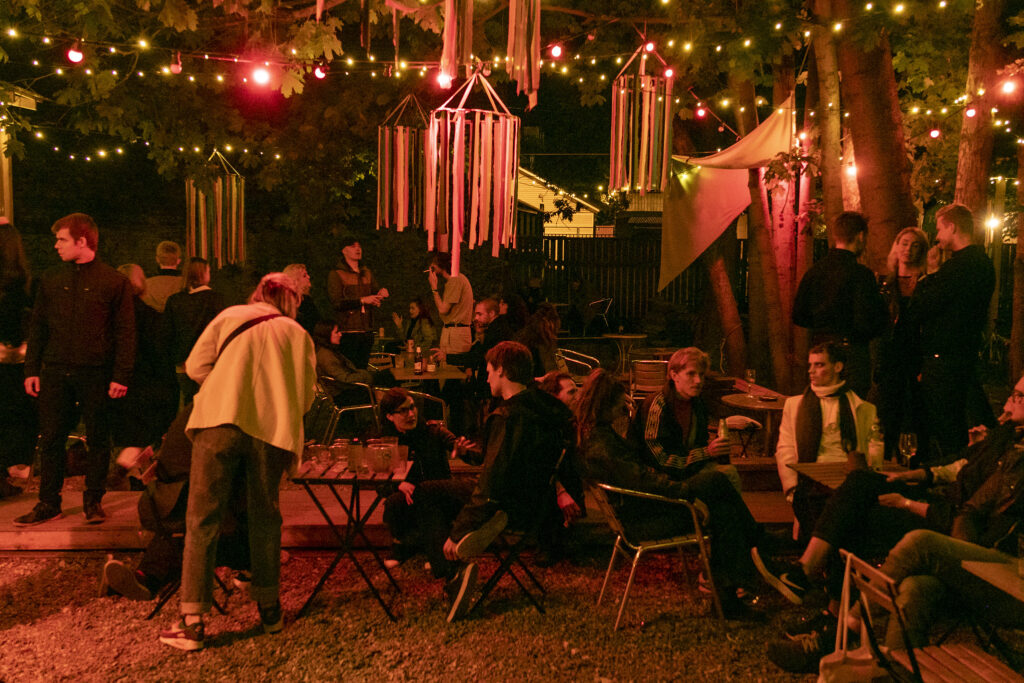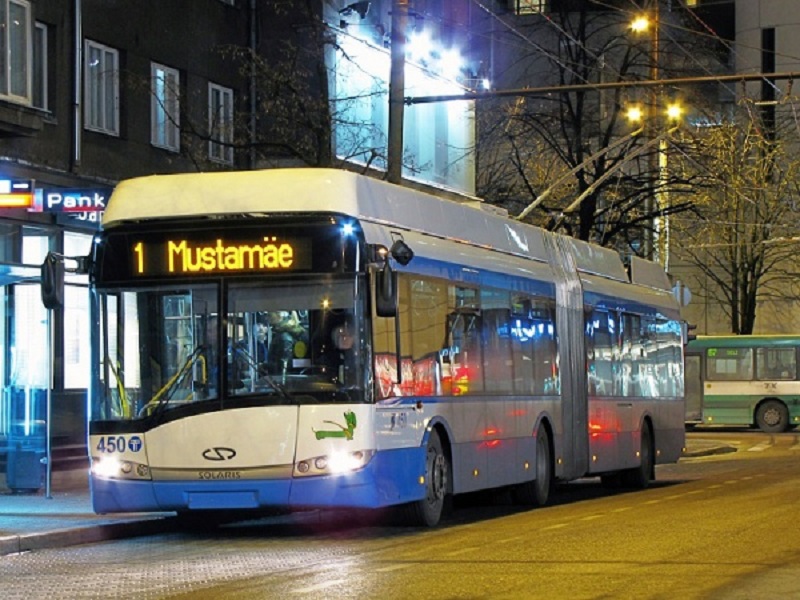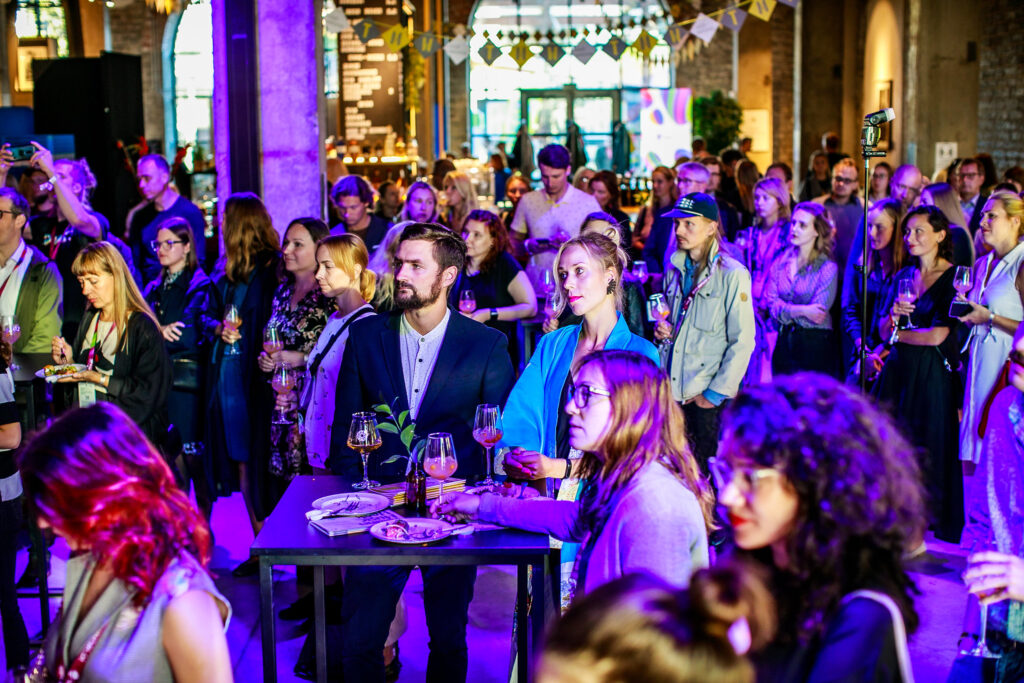Natalie Mets, the Social Democrats’ candidate for “night mayor”, writes why the position she’s running for (but doesn’t exist yet) is necessary in the Estonian capital, Tallinn.
The main task of a night mayor is to promote a safe, an economically successful and a culturally diverse nightlife. Equally important is the duty to lead the discussion between different stakeholders involved in nightlife and find best solutions to the problems and matters associated with night. First and foremost, a night mayor needs to constantly be involved in the development of the field and raise people’s awareness about the various segments it consists of.
Night mayors around the world
Since 2001, more than 50 cities around the world have established nighttime commissions or individual leaders who act as conveners, innovators and strategic thinkers to ensure safety, cultural vibrancy and economic development at night. Sometimes informally referred to as “night mayors” or “night czars”, these roles vary widely from city to city.
Among the neighboring countries of Estonia, a nighttime agent has been established in Helsinki, Finland,and Vilnius, Lithuania. The latter was very successful in 2020 with launching the #SafeVilnius campaign before the second wave of the coronavirus. They were successful in preventing the introduction of the “midnight rule”, meaning bars and clubs were allowed to operate all night, proving to sceptics that the industry could act responsibly.
Liaising with entrepreneurs
Bars and restaurants in Tallinn are also ready to enter into discussions with the government and comply with the rules, but instead of tightening the regulations, a full lockdown was imposed on bars and restaurants without consulting with the entrepreneurs.
For example, Kristo Lassi, one of the owners of the KaiF Bar in Tallinn’s Noblessner area, said that his company is ready to follow any rules set by the Estonian Health Board and the government to ensure the safety of their guests in order to maintain economic stability even in times of crisis. “Staying open is vital for us,” he said.
Entrepreneurs operating during night hours deserve a person who would represent them in the city council, taking into account the rights and needs of both the cultural sector and citizens.

When the pandemic ends, one of Tallinn’s most important tasks will be to find a way to get local promoters, music venues, bars and restaurants financially back on track and restore thousands of jobs in the field.
Entertainment and culture fields are by no means all the night mayor has to deal with – other responsibility areas include transport, trade and catering, security and economy.
A 24-hour public transport system must be launched in Tallinn
A study must be carried out to assess the economic and cultural impact of Tallinn’s nightlife and its potential and opportunities, and the results must be used as a strategic tool for setting and implementing further goals.
In Tallinn, a 24-hour public transport system must be launched, meant for those people who start or end their working day in the middle of the night, but cannot afford a daily taxi fare.

Nightlife also includes various social welfare issues, and in addition to business development, it is necessary to make child protection services available around the clock; strengthen the network of shelters; and help reduce people’s alcohol and drug use.
The aim of the night strategy is to make Tallinn a modern and an internationally competitive city, where in addition to everything mentioned above, free public toilets, childcare, the opportunity to eat healthily and drink free water and access to medical care are open 24 hours a day.
The opinions in this article are those of the author. Cover: An evening event in Tallinn’s Telliskivi Creative City. Photo by Tanel Tero.

